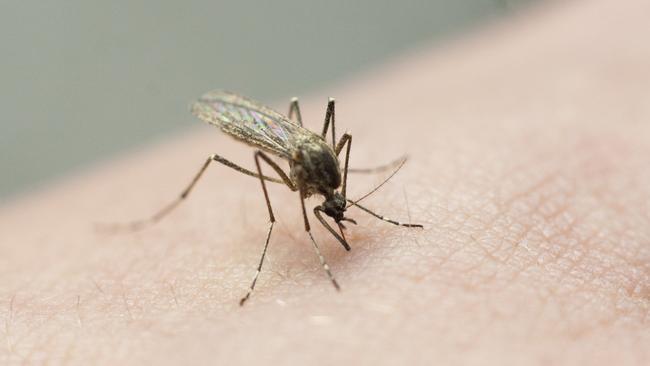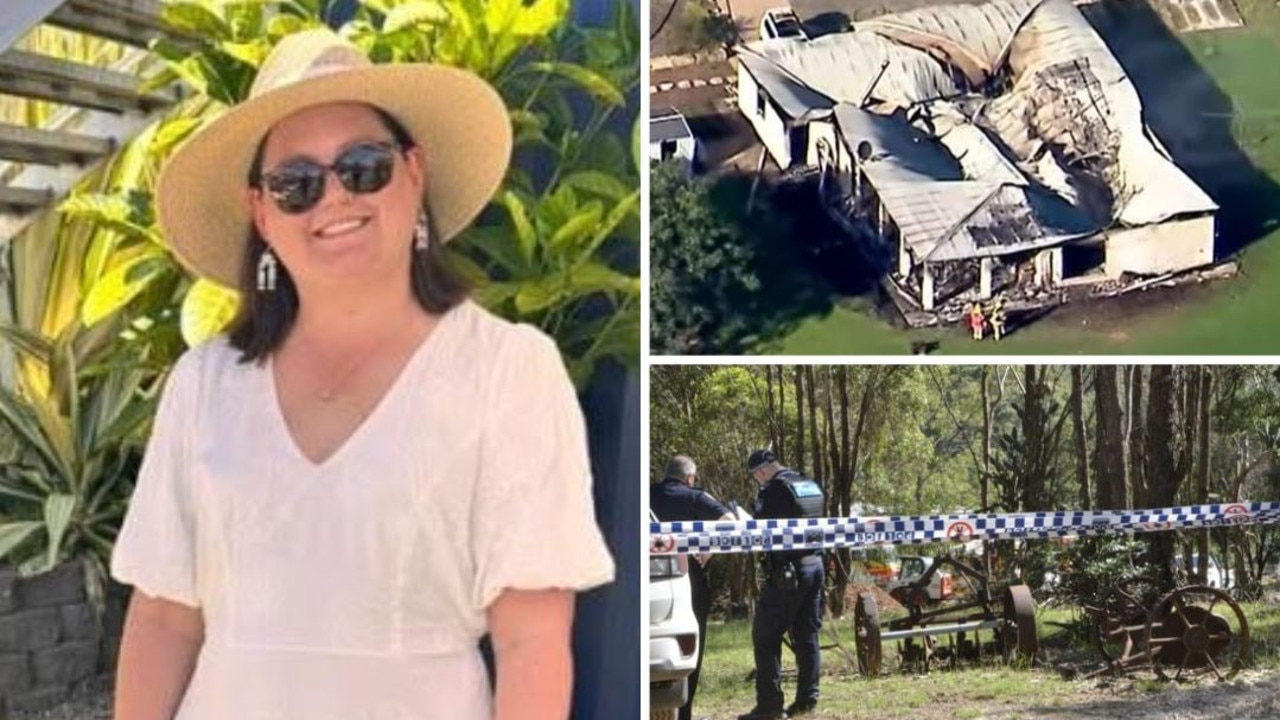Qld spike in severe mosquito-borne illnesses
Queensland recorded more cases of severe mosquito-borne illnesses, including malaria and dengue fever, in the first three months of 2025 than there were in the same period last year.

QLD News
Don't miss out on the headlines from QLD News. Followed categories will be added to My News.
Queensland recorded more cases of severe mosquito-borne illnesses, including malaria and dengue fever, in the first three months of 2025 than there were in the same period last year.
The state has seen an explosion in mosquito-borne infections following record flooding, increased travel and relaxed mitigation measures.
Data from Queensland’s Department of Health revealed there had been a spike in several mosquito-borne illnesses in the January 1 to March 30 period.
During that period in 2025, there had already been 46 reported malaria cases compared to 36 cases in 2024.
There have also been 124 cases of dengue reported this year, compared to 63 in 2024.
Of those reported, 13 dengue cases had been determined as locally acquired, while the source of infection in four cases was under investigation.

There had also been three reported Japanese encephalitis virus cases, two resulting in death, this year compared to zero in 2024.
Queensland infectious disease expert Paul Griffin said there was a “concerning trend” in the risk of mosquito-borne infections, particularly in overseas-acquired cases.
Professor Griffin said the increase in overseas-acquired cases was related to climate, travel and reduced mitigations for mosquito-borne illnesses.
“Particularly with malaria, there has been a significant increase over the last few years and it is a bit concerning,” he said.
“We were doing well to reduce the number of malaria cases globally. But for the numbers to head in the wrong direction is a concern. We need a larger collaborative effort across the globe to work on the situation.”
Professor Griffin said more needed to be done in terms of studying the illnesses and having measures in place to ensure the trend didn’t continue.
He said the number of locally acquired cases in South East Queensland would likely decrease through autumn as floodwater receded and rainfall reduced.
Queensland chief health officer Dr Heidi Carroll said Queensland Health had been working closely with local governments and other stakeholders to conduct mosquito surveillance activities this mosquito season, with testing ramped up in light of recent JEV human cases and positive mosquito samples.
She stressed the importance of avoiding mosquito bites.
“It’s important to remember not all mosquito-borne diseases have vaccines. The most important message I have for Queenslanders is not to be complacent and to protect yourself against mosquito bites,” she said
Originally published as Qld spike in severe mosquito-borne illnesses



